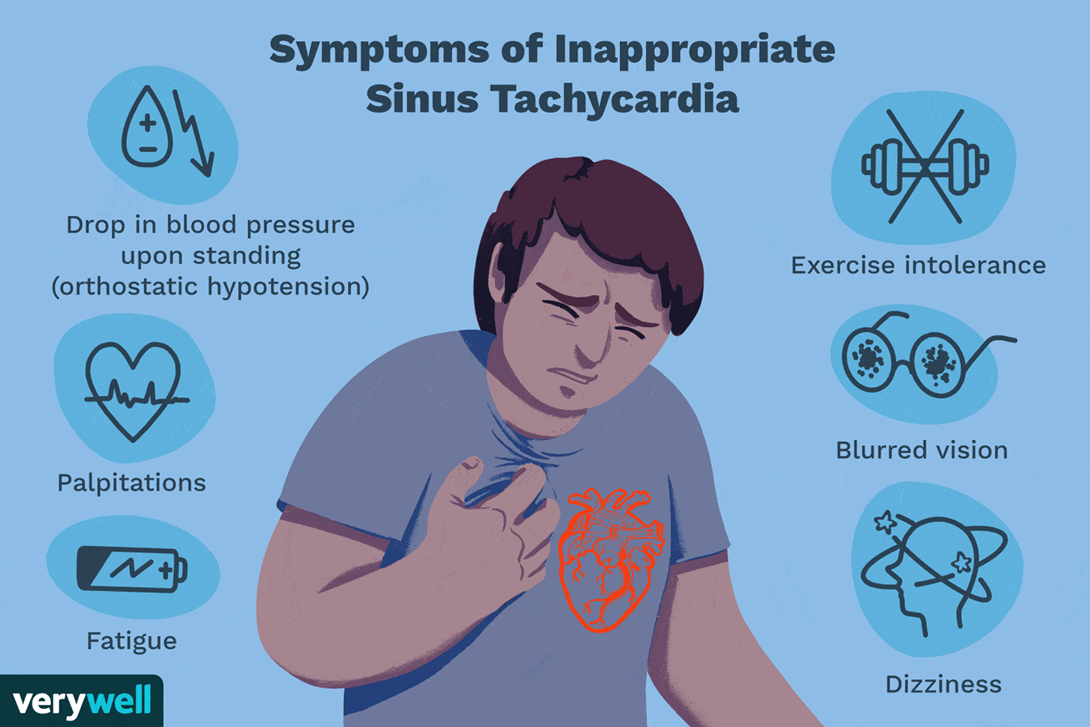A nurse is providing discharge teaching for a client who was admitted with diabetes insipidus. Which of the following teaching topics should be prioritized?
Frequency of urination
Change in appetite
Benefit of medical alert bracelet
Weight gain or loss
The Correct Answer is C
Choice A Reason:
While monitoring the frequency of urination is important for managing diabetes insipidus, it is not the most critical aspect of discharge teaching. Diabetes insipidus causes excessive urination, and patients should be aware of this symptom. However, understanding the importance of wearing a medical alert bracelet is more crucial for ensuring immediate and appropriate care in emergencies.
Choice B Reason:
Changes in appetite are not a primary concern for patients with diabetes insipidus. The condition primarily affects fluid balance and urine output rather than appetite. Therefore, this topic is less relevant compared to the need for a medical alert bracelet.
Choice C Reason:
The benefit of a medical alert bracelet is paramount for patients with diabetes insipidus. In case of an emergency, the bracelet can inform healthcare providers about the patient’s condition, ensuring they receive appropriate and timely treatment. This can be life-saving, especially if the patient is unable to communicate their medical history.
Choice D Reason:
Weight gain or loss can be a secondary concern for patients with diabetes insipidus, as the condition primarily affects fluid balance. While it is important to monitor weight to assess fluid status, it is not as critical as ensuring the patient understands the importance of wearing a medical alert bracelet.
Nursing Test Bank
Naxlex Comprehensive Predictor Exams
Related Questions
Correct Answer is C
Explanation
Choice A Reason:
While monitoring the frequency of urination is important for managing diabetes insipidus, it is not the most critical aspect of discharge teaching. Diabetes insipidus causes excessive urination, and patients should be aware of this symptom. However, understanding the importance of wearing a medical alert bracelet is more crucial for ensuring immediate and appropriate care in emergencies.
Choice B Reason:
Changes in appetite are not a primary concern for patients with diabetes insipidus. The condition primarily affects fluid balance and urine output rather than appetite. Therefore, this topic is less relevant compared to the need for a medical alert bracelet.
Choice C Reason:
The benefit of a medical alert bracelet is paramount for patients with diabetes insipidus. In case of an emergency, the bracelet can inform healthcare providers about the patient’s condition, ensuring they receive appropriate and timely treatment. This can be life-saving, especially if the patient is unable to communicate their medical history.
Choice D Reason:
Weight gain or loss can be a secondary concern for patients with diabetes insipidus, as the condition primarily affects fluid balance. While it is important to monitor weight to assess fluid status, it is not as critical as ensuring the patient understands the importance of wearing a medical alert bracelet.
Correct Answer is B
Explanation
Choice A reason: Decreased Body Temperature
Decreased body temperature is not typically associated with hyperthyroidism. In fact, hyperthyroidism often causes an increase in body temperature due to the accelerated metabolic rate. Patients with hyperthyroidism may experience heat intolerance and excessive sweating, but not a decrease in body temperature.
Choice B reason: Tachycardia
Tachycardia, or an abnormally fast heart rate, is a common symptom of hyperthyroidism. The elevated levels of thyroid hormones (T4 and T3) increase the body’s metabolism, leading to an increased heart rate. This can result in palpitations and a feeling of a racing heart, which are characteristic signs of hyperthyroidism. Therefore, tachycardia is the most likely vital sign abnormality in this scenario.
Choice C reason: Hypotension
Hypotension, or low blood pressure, is not typically associated with hyperthyroidism. Instead, hyperthyroidism can sometimes cause an increase in blood pressure due to the heightened metabolic activity and increased cardiac output4. Therefore, hypotension is not a characteristic finding in patients with elevated thyroid hormone levels.
Choice D reason: Slow Respiratory Rate
A slow respiratory rate is not commonly seen in hyperthyroidism. The condition usually leads to an increased respiratory rate due to the body’s heightened metabolic demands. Patients with hyperthyroidism may experience shortness of breath and rapid breathing, but not a slow respiratory rate.

Whether you are a student looking to ace your exams or a practicing nurse seeking to enhance your expertise , our nursing education contents will empower you with the confidence and competence to make a difference in the lives of patients and become a respected leader in the healthcare field.
Visit Naxlex, invest in your future and unlock endless possibilities with our unparalleled nursing education contents today
Report Wrong Answer on the Current Question
Do you disagree with the answer? If yes, what is your expected answer? Explain.
Kindly be descriptive with the issue you are facing.
